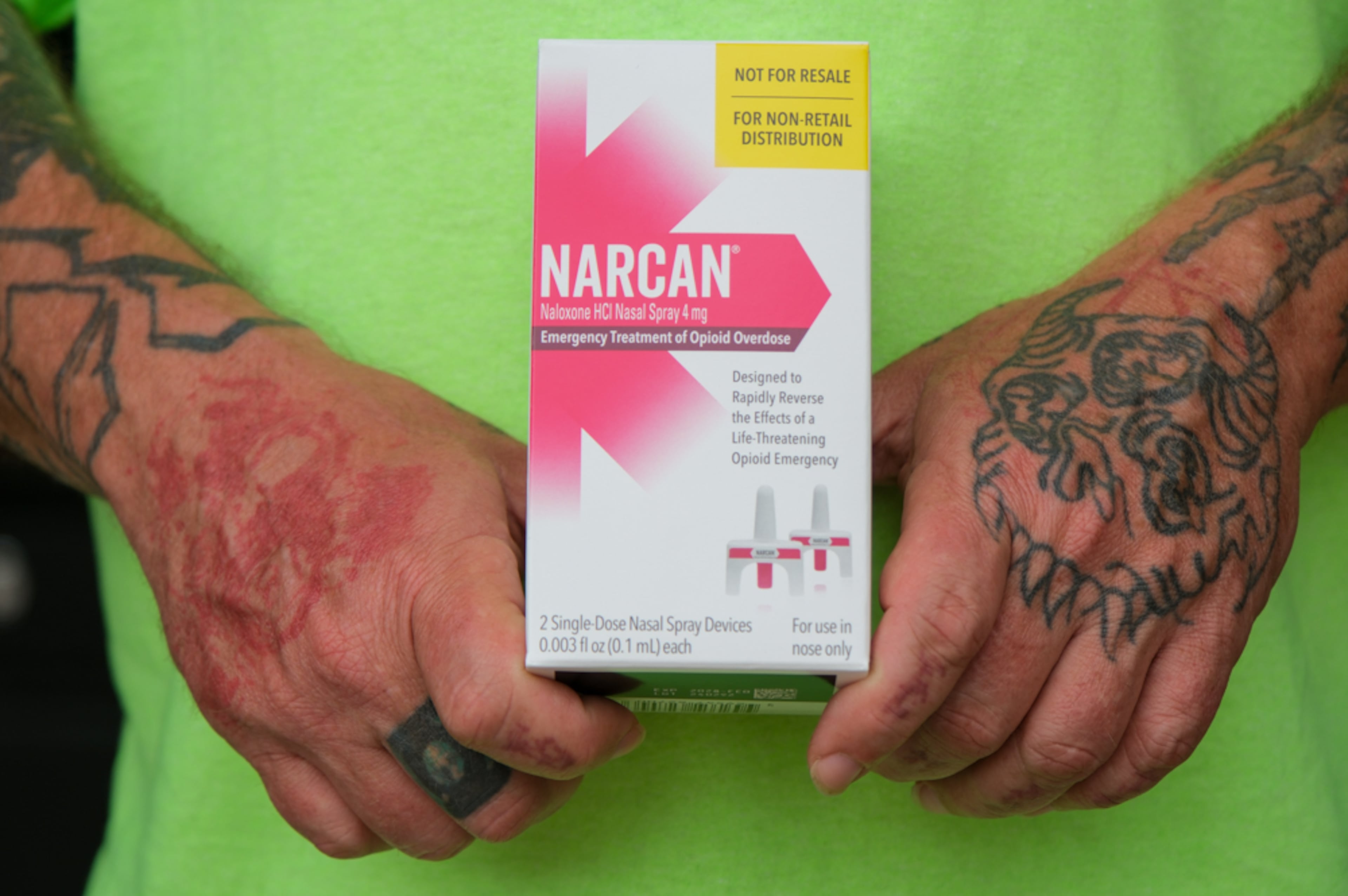Lawsuit says Subway tuna sandwiches do not contain fish

A lawsuit filed in the U.S. District Court for the Northern District of California last week claims that Subway tuna sandwiches and wraps are not made with authentic fish.
The lawsuit, filed on behalf of residents Karen Dhanowa and Nilima Amin, suggests the plaintiffs were “tricked into buying food items that wholly lacked the ingredients they reasonably thought they were purchasing,” according to the complaint obtained by CBS News. Instead of tuna fish, the lawsuit contends the menu item is a “mixture of various concoctions that do not constitute tuna, yet have been blended together by defendants to imitate the appearance of tuna.”
“Consumers are consistently misled into purchasing the products for the commonly known and/or advertised benefits and characteristics of tuna when in fact no such benefits could be had, given that the products are in fact devoid of tuna,” the suit claims.
Subway, in a statement released Thursday, said “there simply is no truth” to the allegations posed by the lawsuit. The company, which runs more than 26,740 stores in the U.S., added that its freshly made sandwiches, wraps and salads are prepared with 100% cooked tuna and mayonnaise. The global brand said it intends to fight to swiftly and legally dismiss the claims, which “mischaracterize and tarnish the high-quality products” the restaurant chain offers.

“Given the facts, the lawsuit constitutes a reckless and improper attack on Subway’s brand and goodwill, and on the livelihood of its California franchisees. Indeed, there is no basis in law or fact for the plaintiffs’ claims, which are frivolous and are being pursued without adequate investigation,” a statement read.
Alex Brown, an attorney with the Lanier Law Firm who is representing Dhanowa and Amin in the case, said they are working to determine what ingredients are used in Subway’s tuna.
“We are conducting tests to figure out what it is. The lab tests thus far have only told us what it isn’t,” he told CBS MoneyWatch via email.
If the case rises to a certified class-action suit, the grievance could potentially represent thousands of Subway customers who bought tuna sandwiches or wraps after Jan. 21, 2017, in California, where it has 2,266 locations.



